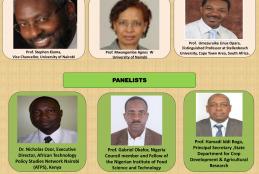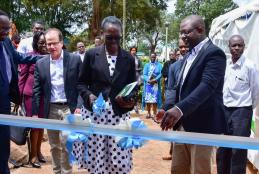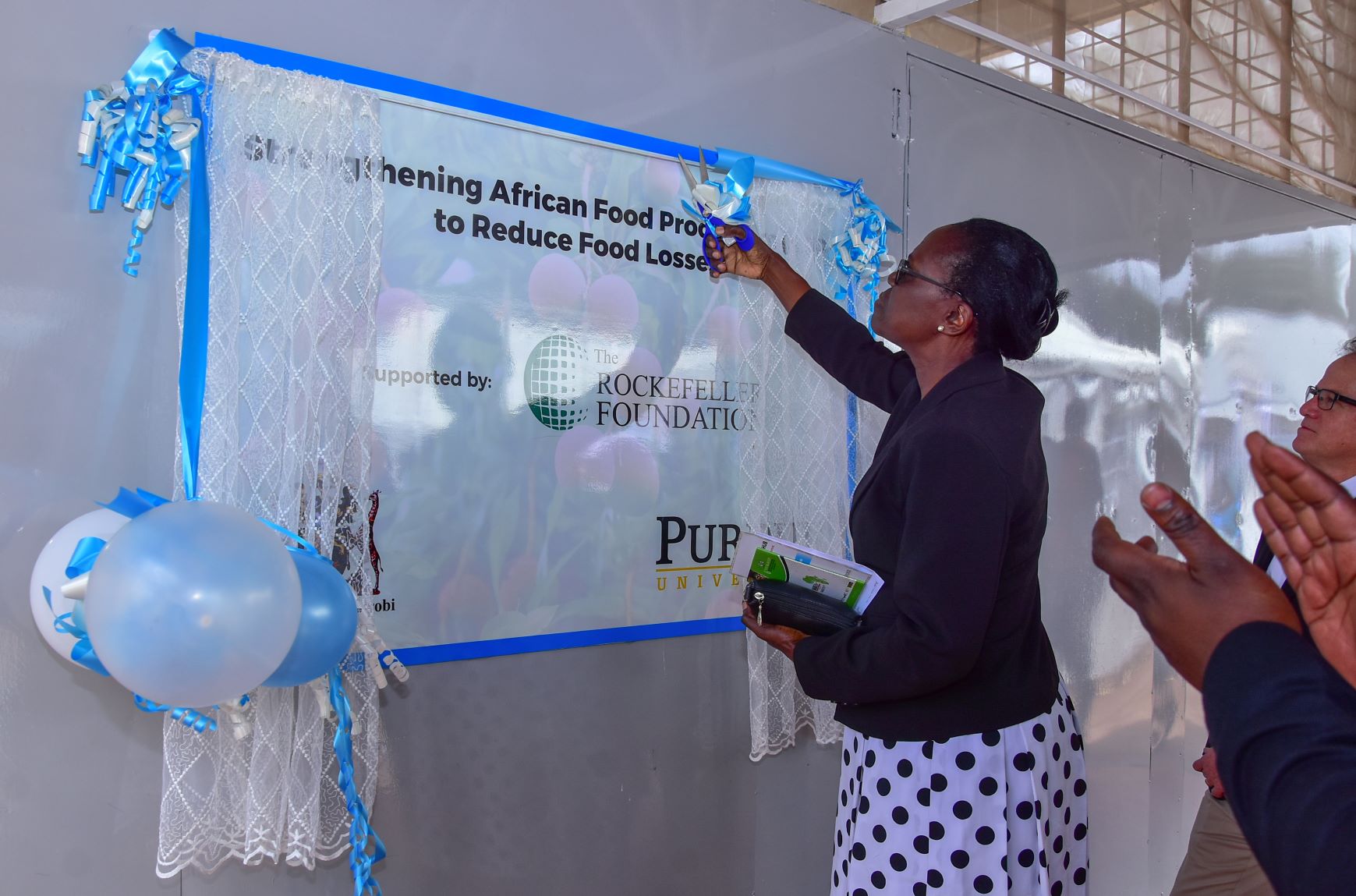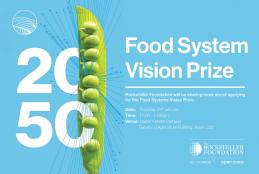FIRST FACULTY WEBINER (CELEBRATING 50YEARS OF ACADEMIC EXCELLENCE)
THE MAIN THEME BEING THE IMPACT OF COVID-19 ON FOOD SYSTEMS AND EFFECTS ON FOOD AND NUTRITION SECURITY. WHAT ARE THE OPPORTUNITIES DURING AND POST THE PANDEMIC? WITH REFERRENCE TO PROCESSING OF QUAVA FROM KENYAN CALTIVARS REDUCING POST HARVEST LOSSES





